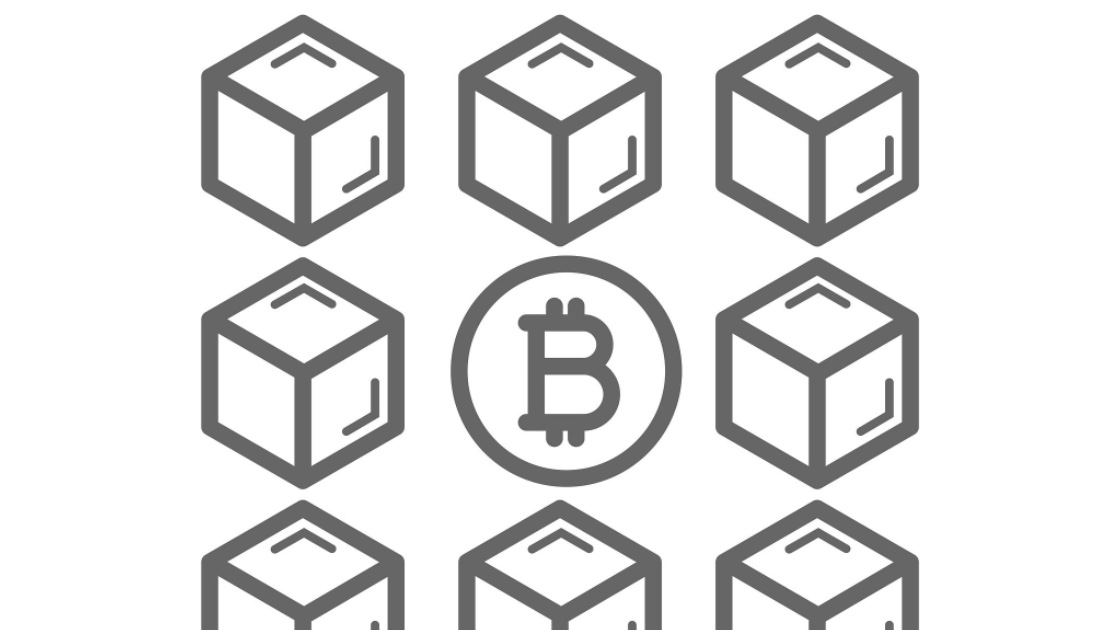
Nowadays blockchain has become a popular talking point among people. There are a lot of misconceptions regarding the functions, usage and safety of blockchain. In this article we will discuss Blockchain bit by bit in simple form to make blockchain understandable even for those who are not particularly geeks.
Key Takeaways:
What is Blockchain?
Many people confuse blockchain with bitcoin, since blockchains are commonly used for cryptocurrency transactions. Though the pre-concept of blockchain was first coined by a group of researcher in a research proposal to timestamp digital documents to immune them from tampering data back in early 90s, the actual concept of blockchain was adopted by Satoshi Nakamoto in 2008 as the public transaction ledger of bitcoin.
But what exactly is blockchain?
To put it simply, blockchain is a type of database where information is stored in blocks with a specific storage capacity and once a new block is filled with data it is connected with the previous block creating a chain of blocks; hence the name ‘blockchain’.
In a blockchain the information are stored in blocks with a specific timestamp and a unique hash code.The blocks in a blockchain are stored in a chronological order. The data stored in the blocks depends on the type of the blockchain and its purpose.
One of the main characteristics of blockchain is once a data is stored in a block of a blockchain, they become almost immune to any alteration due to the specific timestamp and the hash code of each block, making data storage more secure.
How a new information is stored in a blockchain (Image Source: Investopedia)
How secure is the blockchain?
Because of lack of awareness many people think either blockchain is not safe or unhackable. Both concepts are wrong. As blockchain networks operate as a public database, anyone can see a transactions' history stored in the blockchain network. But the viewers will not be able to access any information about the users. Unlike bitcoin, the data in blockchain are not stored anonymously, rather confidentiality is strictly maintained, protecting users' privacy and preventing hacking.
Though blockchain is extremely secure, it can be hacked. Hackers can hack a blockchain if there are glitches or errors during the creation of a blockchain or lack of security. But it should be kept in mind that hackers can mainly target small blockchains. Because considering the immense size of large blockchains and how fast they grow, it is hard for hackers to hack a large scale block chain.
Use of Blockchain
Because of its high security level blockchain is an effective way to store digital data. Large companies such as Walmart, Unilever, Pfizer, IBM etc have already integrated blockchain in their system. Some other uses of blockchain are-
Though blockchain has become a buzzword in the developed economies, in emerging economies like Bangladesh, blockchain is still a new concept. Integrating blockchain in private and public institutions can ensure a strong security regarding storage of data making them more resistant to hacks or any other illegal activities.
Source:
